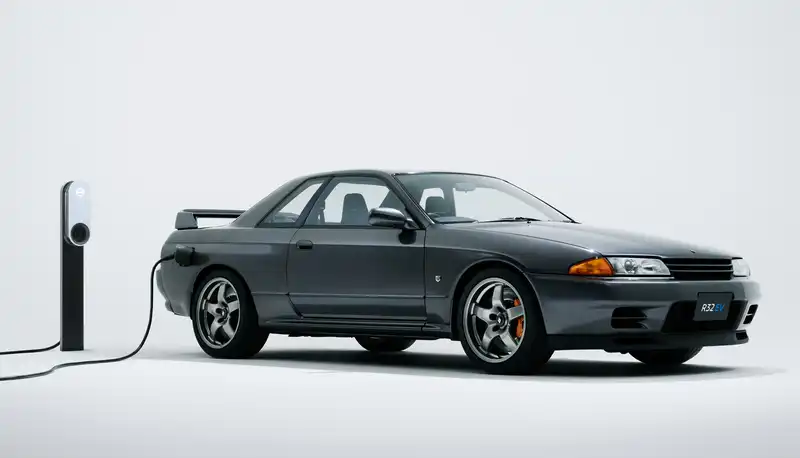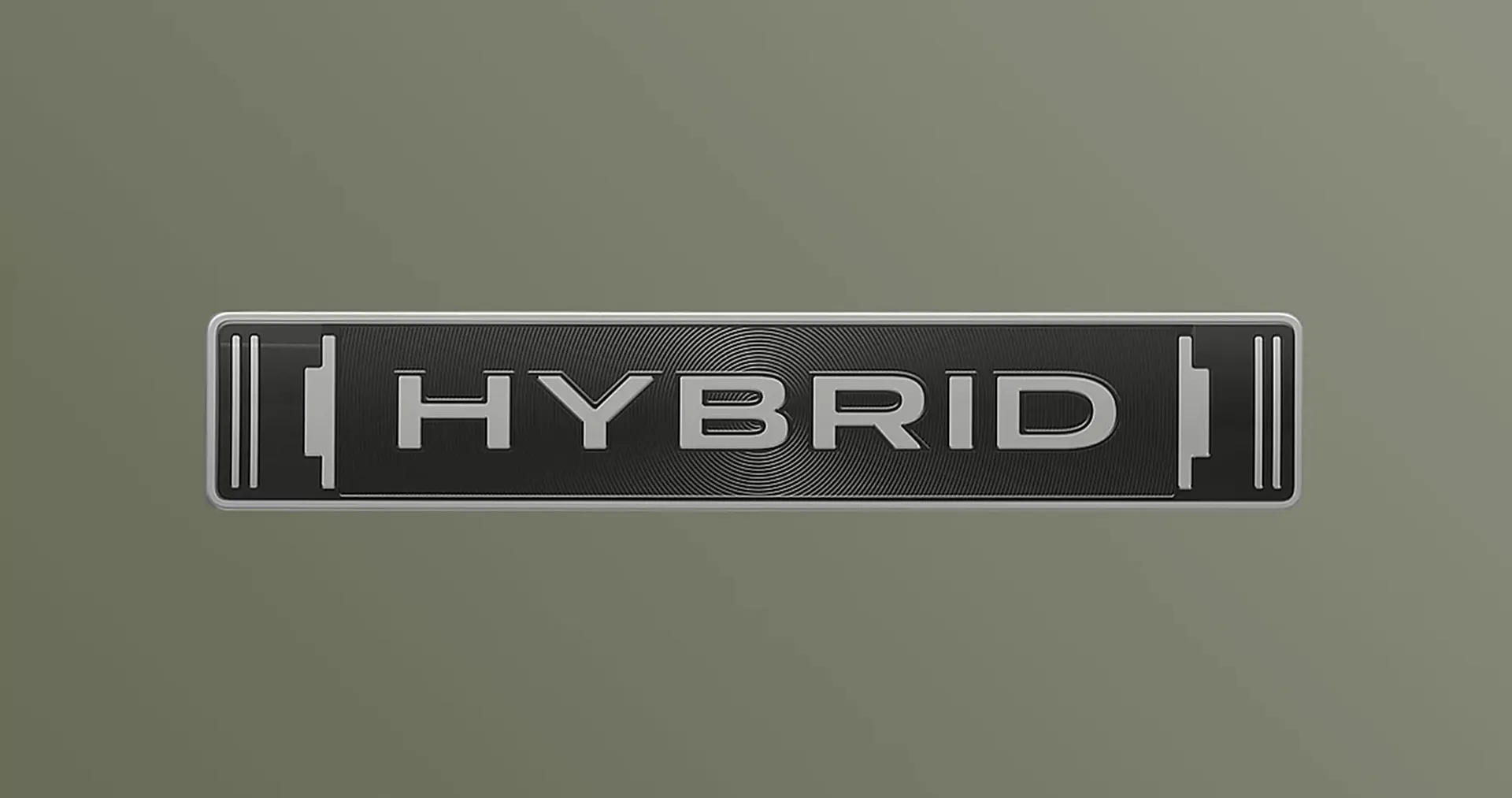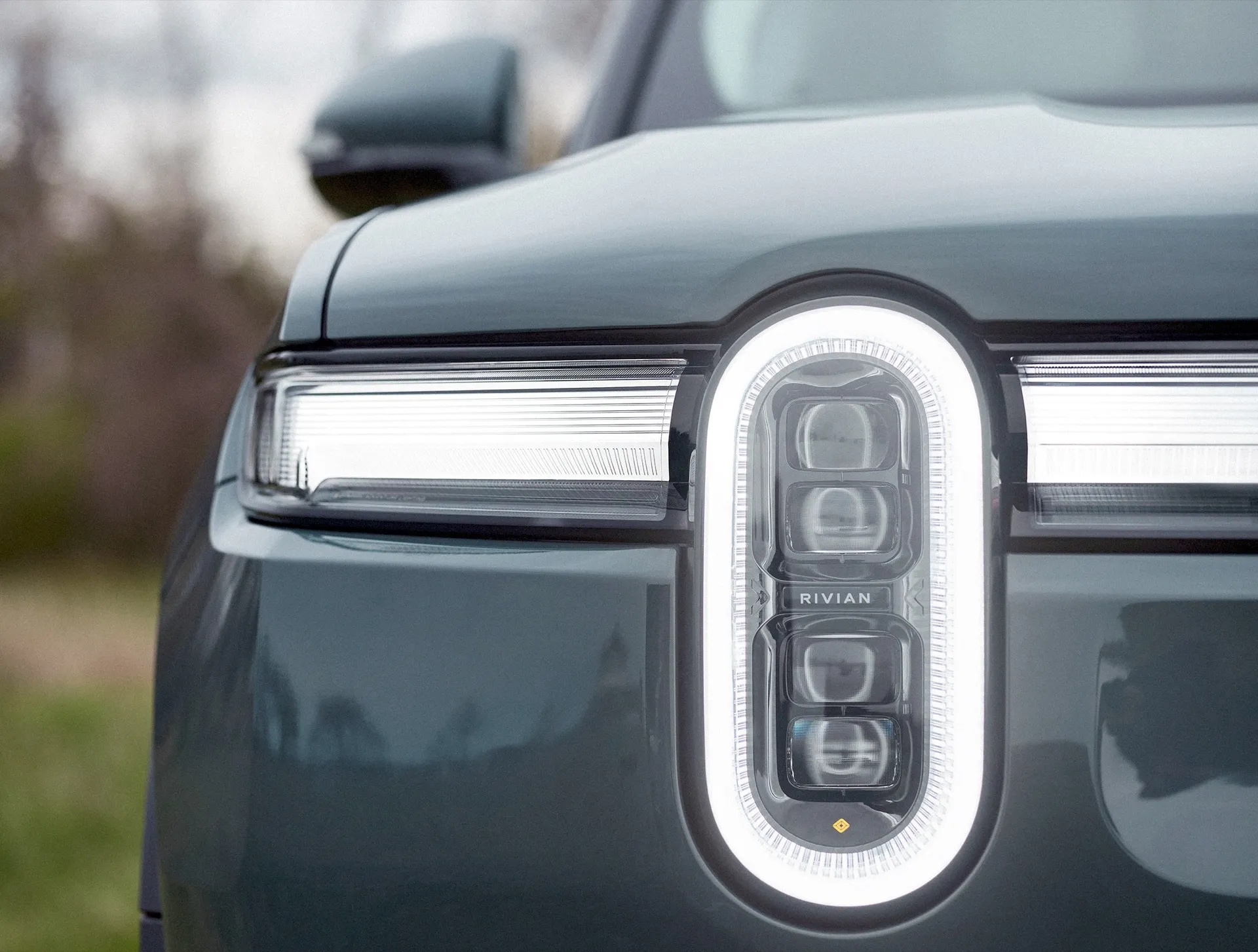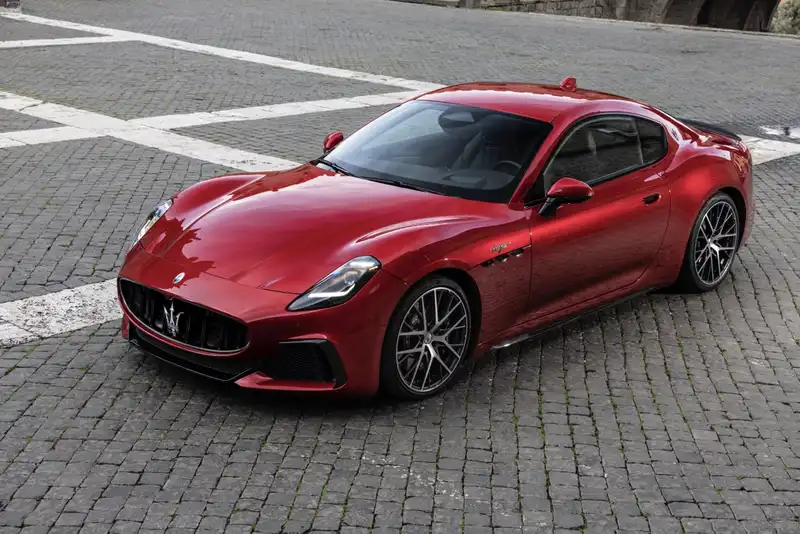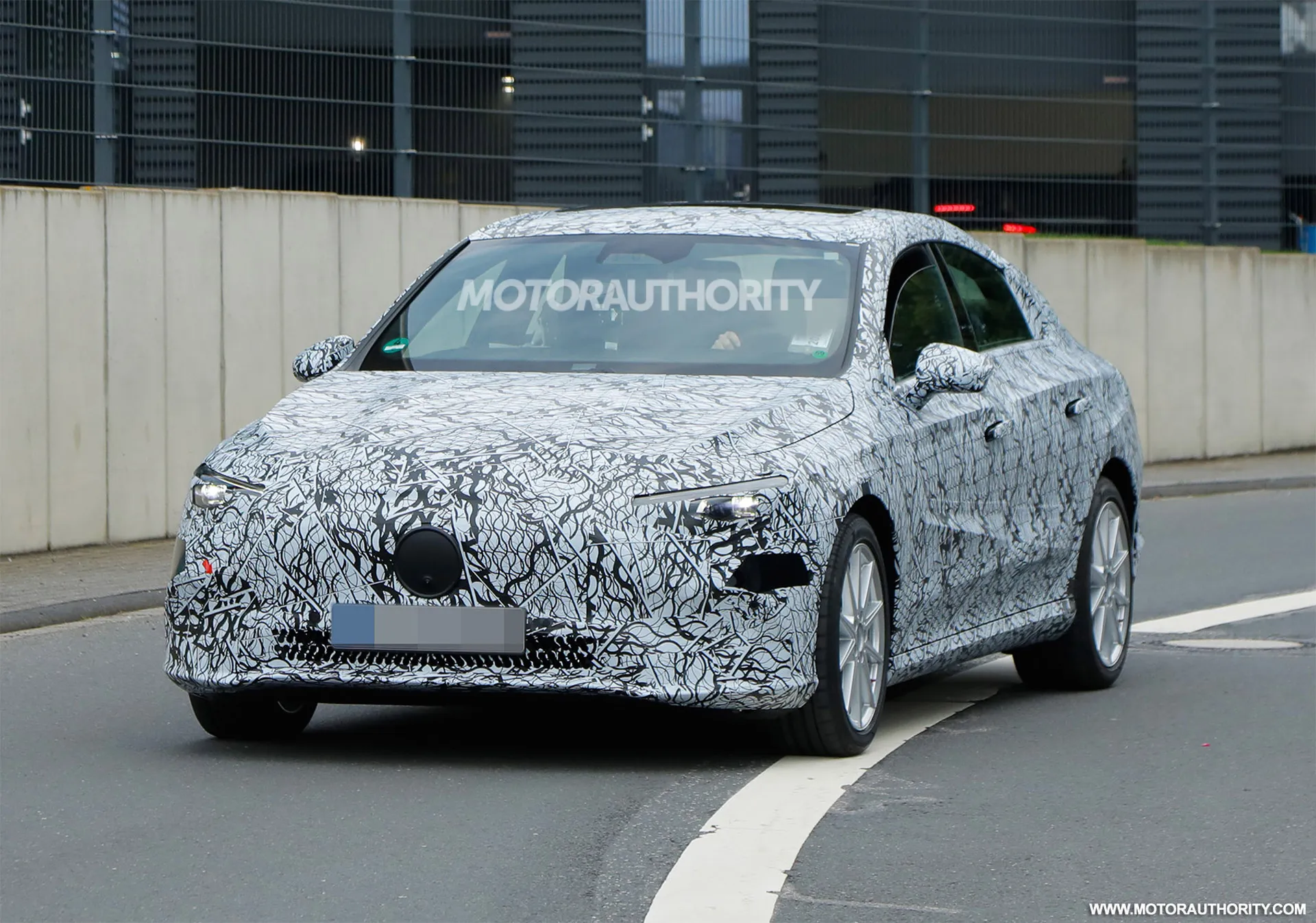Germany Seeks Exception for Sustainable Fuels in EU's Proposed 2035 ICE Ban
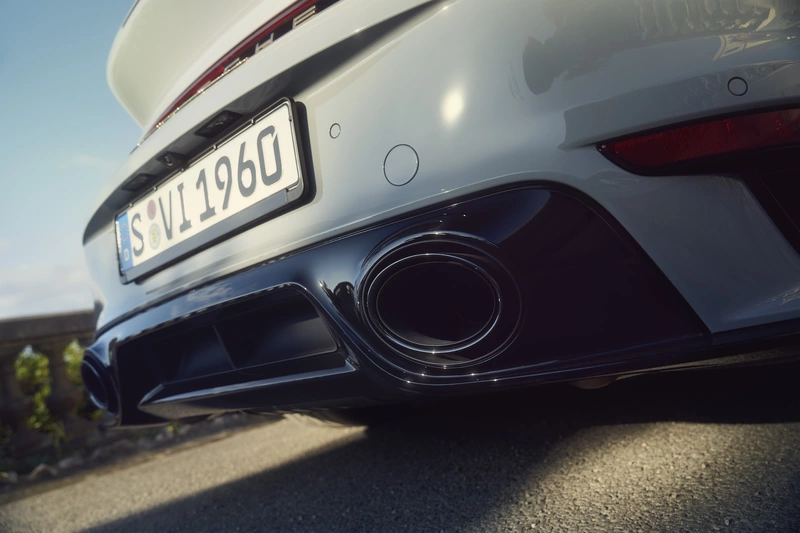
The European Union is one vote away from banning the sale of new passenger and light commercial vehicles powered by internal combustion engines, including hybrids, by 2035.
The proposal to reduce carbon dioxide emissions from cars by 100% by 2035 was first made by the European Commission in 2021. It was then endorsed by the European Parliament in a vote in June. The proposal will now become law through a vote of the European Council, which is composed of the heads of state and government of the EU member states. The proposal is part of a comprehensive plan to make the EU climate neutral by 2050.
However, Germany currently supports the proposal only on the condition that sales of vehicles with internal combustion engines designed to run on carbon-neutral fuel be allowed after the deadline. The German auto industry association VDA has previously expressed concern that sufficient charging infrastructure will not be in place by the 2035 deadline and that alternatives such as carbon-neutral synthetic fuels will be abandoned if the proposal is passed.
Potential sources of carbon neutral fuels include biomass and new carbon capture technologies. Porsche is already testing carbon capture at a pilot plant in Punta Arenas, Chile. Here, a wind turbine generates electricity, which is then used to electrolyze water and separate it into hydrogen and oxygen. The hydrogen is then combined with carbon dioxide from the air to produce carbon-neutral synthetic methanol. This methanol is used to produce synthetic versions of gasoline, diesel, and kerosene used in aircraft.
Formula 1 also plans to race on carbon-neutral fuel starting as early as 2026.
Even if the proposal passes the final vote, in 2026 the E.U. will evaluate the progress of automakers and charging network operators toward meeting the 100% carbon reduction goal and consider whether the goal needs to be revised.
